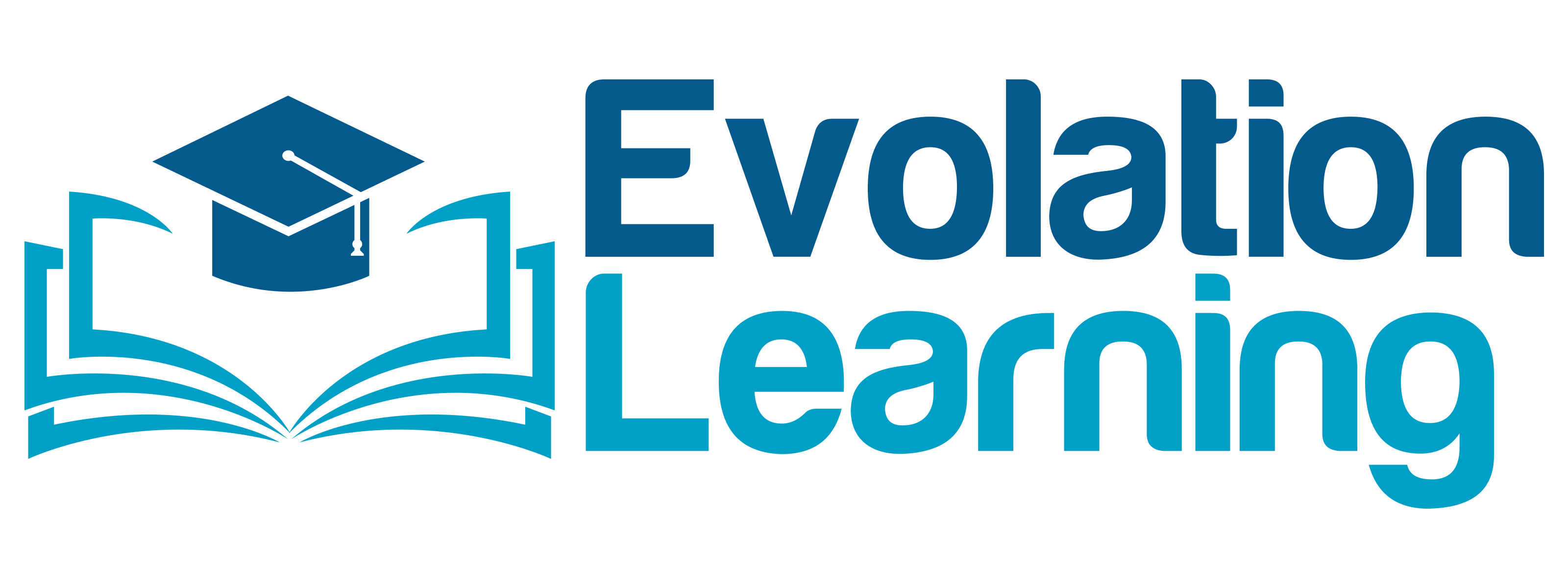BSBSUS411- Flexible Learning
Studying to become a competent worker is an interesting and exciting thing to do. You will learn about current issues in this area. You will establish relationships with other students, fellow workers, and clients. You will learn about your own ideas, attitudes, and values. You will also have fun. (Most of the time!)
At other times, studying can seem overwhelming and impossibly demanding, particularly when you have an assignment to do and you aren’t sure how to tackle it, your family and friends want you to spend time with them, or a movie you want to see is on television.
Sometimes being a student can be hard.
Here are some ideas to help you through the hard times. To study effectively, you need space, resources, and time.
Space
Try to set up a place at home or at work where:
- You can keep your study materials,
- you can be reasonably quiet and free from interruptions, and
- you can be reasonably comfortable, with good lighting, seating, and a flat surface for writing.
If it is impossible for you to set up a study space, perhaps you could use your local library. You will not be able to store your study materials there, but you will have quiet, a desk and chair, and easy access to the other facilities.
Study Resources
The most basic resources you will need are:
- A chair
- A desk or table
- A computer with Internet access
- A reading lamp or good light
- A folder or file to keep your notes and study materials together
- Materials to record information (pen and paper or notebooks, or a computer and printer)
- Reference materials, including a dictionary
Do not forget that other people can be valuable study resources. Your fellow workers, work supervisor, other students, your facilitator, your local librarian, and workers in this area can also help you.
Time
It is important to plan your study time. Work out a time that suits you and plan around it. Most people find that studying, in short, concentrated blocks of time (an hour or two) at regular intervals (daily, every second day, once a week) is more effective than trying to cram a lot of learning into a whole day. You need time to ‘digest’ the information in one section before you move on to the next, and everyone needs regular breaks from study to avoid overload. Be realistic in allocating time for study. Look at what is required for the unit and look at your other commitments.
Make up a study timetable and stick to it. Build in ‘deadlines’ and set yourself goals for completing study tasks. Allow time for reading and completing activities. Remember that it is the quality of the time you spend studying rather than the quantity that is important.
Study Strategies
Different people have different learning ‘styles’. Some people learn best by listening or repeating things out loud. Some learn best by ‘doing’, some by reading and making notes. Assess your own learning style and try to identify any barriers to learning which might affect you. Are you easily distracted? Are you afraid you will fail? Are you taking study too seriously? Not seriously enough? Do you have supportive friends and family? Here are some ideas for effective study strategies:
- Make notes. This often helps you to remember new or unfamiliar information. Do not worry about spelling or neatness, as long as you can read your own notes. Keep your notes with the rest of your study materials and add to them as you go. Use pictures and diagrams if this helps.
- Underline keywords when you are reading the materials in this Learner Guide. (Do not underline things in other people’s books.) This also helps you to remember important points.
- Talk to other people (fellow workers, fellow students, friends, family, or your facilitator) about what you are learning. As well as help you to clarify and understand new ideas, talking also gives you a chance to find out extra information and to get fresh ideas and different points of view.


